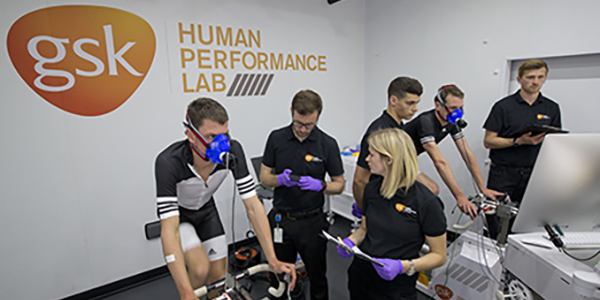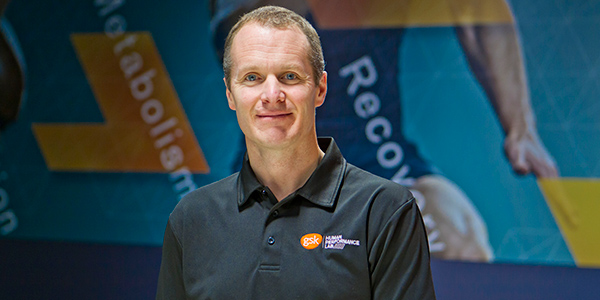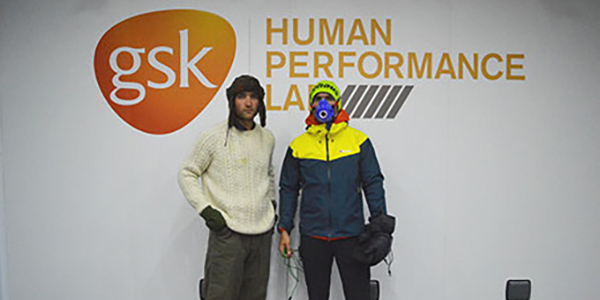Ken's comment on: Thorough preparation makes its own luck
The countdown to Rio 2016
The Rio de Janeiro 2016 Olympic Games commence on 5th August, followed one month later by the Paralympics. For Team GB and Paralympics GB the challenge is Herculean: to be the first nation to win more medals than at the 2012 home Games.
To surpass the historic success of 2012 where Great Britain finished 3rd in both the Olympic and Paralympic medal tables will be immense – in London, Team GB won 65 medals, 29 of which were gold, and Paralympics GB won 120, with 34 gold. Author Joe Poyer’s quote of “Thorough Preparation Makes its own Luck” has perhaps never resonated so loudly.
Superimposed upon the usual challenges of preparing for major competition are the environmental conditions athletes will face in Rio. Maximum temperatures of 35°C are possible, along with a relative humidity of 65%, which together impose significant thermoregulatory and cardiovascular stress on endurance athletes in particular. With endurance performance likely compromised in the heat, those athletes with the most successful acclimation strategies will no doubt be some of the best prepared.

David Brailsford’s much quoted mantra of “the aggregation of marginal gains” has become widely considered as the winning formula for sports performance. But just what are these mystical ‘marginal gains’? Performance is multi-factorial – to understand and systematically improve performance, we must first break it down into its component parts. This is where sports science makes its mark.
As Performance Analysts scrutinise the technical demands of the event, the Physiologists pinpoint the metabolic demands of the event and the Biomechanists pore over every aspect of athletic technique, so we can develop a blueprint for success. And from this blueprint, we can tackle every single component in an effort to enhance each and to achieve a collective improvement in performance. This approach quite simply allows athletes and their support teams to prepare optimally and systematically, thereby enabling them to achieve their peak performance when it matters most. Some gains may in fact be quite significant in their own right, others possibly imperceptible but collectively delivering those crucial fractions of a percent improvement.
At the GSK Human Performance Lab (HPL) we’re privileged to be partnering with a number of teams and individuals aiming for Olympic or Paralympic success. As an applied science and research centre within a global healthcare company, we’re in an unrivalled position to play a unique role in our partners’ preparations. Through collaboration with our Pharma colleagues in GSK we’ve been able to sensitively measure and monitor muscle mass changes in GB Canoeing athletes – the ingestion of a deuterium labelled creatine pill providing for an accurate estimate. Whilst this technique was originally developed to measure sarcopenia and cachexic muscle loss in clinical populations, we’ve been able to apply this novel technology in high performance sports for the very first time.
And in preparation for the environmental conditions of Rio, the assessment of heat tolerance and the development of individualised acclimation and hydration strategies is something we’ve been working hard on Olympic Triathlon gold and bronze medallists Alistair and Jonathan Brownlee, and the British Triathlon team, have been put through their paces in our environmental chamber to identify individual sweat rates and sweat compositions. From this, we’ve developed bespoke hydration products and strategies to meet individuals’ fluid and electrolyte needs to achieve optimal performance in the Rio environment.

Neuroscience and cognition make up one of our key research pillars at the GSK HPL. Working with GB Hockey, we’ve been monitoring cognitive function alongside training load and performance during pre-season. Although subject to further validation, cognitive assessment may offer a sensitive tool in the ongoing monitoring of training load tolerance and performance. And as part of our deeper investigation into training and adaptation, we’ve recently taken an epigenetic approach to understanding the long-term effects of cold water immersion as a recovery strategy. In doing so, we’re adding novel mechanistic insights to the current debate on whether the chronic use of recovery strategies may in fact impede adaptation to physical training. Whilst our findings may not come quite in time to support athletes’ preparation for Rio, they certainly will inform recovery strategies in the Tokyo 2020 cycle.
High performance sport, much like science, never stands still. Athletes and their support teams are constantly striving for the next ‘marginal gains’. And whilst today’s innovation is simply tomorrow’s best practice, so performance scientists must break new ground.
With advances in our understanding of what it takes to win and how to improve the myriad components of performance, so we can continuously support and improve the preparation of our athletes.
Further insights from our ongoing partner scientific support and our plans for future applied research can be found at the GSK HPL Science Community.
Posted
22/01/2016
Written by

Dr. Ken van Someren
Head of R&D, GSK HPL
Related content
GSK HPL and the Brownlee brothers take their first steps on the Road to Rio

Brentford FC begin pre season testing at the GSK Human Performance Lab



